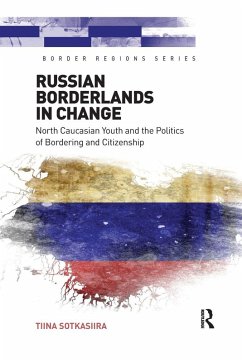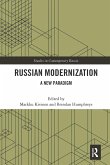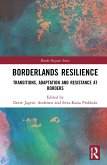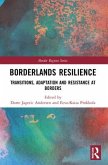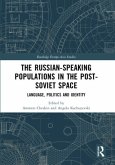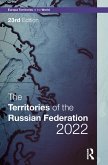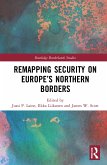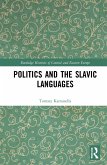While moving across borders has been made easier for some in Russia in recent years, for others, physical as well as socio-cultural borders are proving to be more and more difficult to cross. Tackling the differences between the ways in which official discourses construct borders and the ways people who live there experience them in their everyday lives, this book uses innovative theoretical approaches and empirical work with young North Caucasian migrants to explore issues of identity, citizenship, exclusion and belonging. The Chechen war, terrorist attacks and confrontations between Caucasian migrants and local residents have served as touchstones for intense public debates about who belongs in Russian society and who does not. Young people of North Caucasian origin are experiencing the effects of such debates as they learn to negotiate and maintain their identities in an environment in which they are defined as a threat to national security whilst simultaneously being pressured to align with core civic values of the state. This book reflects on the notion that the cultural borders, which define civic liberties and people's right to belong, are increasingly being defined within society, and not by the external borders of states.
Bitte wählen Sie Ihr Anliegen aus.
Rechnungen
Retourenschein anfordern
Bestellstatus
Storno

